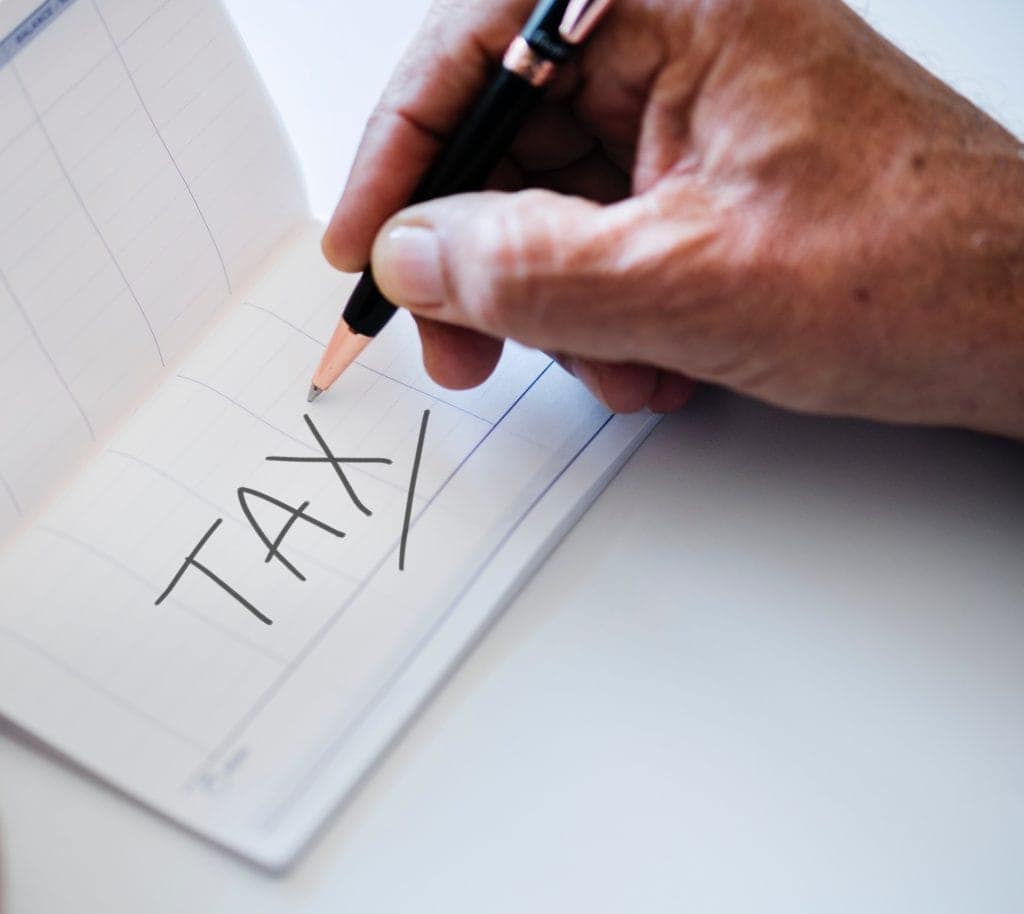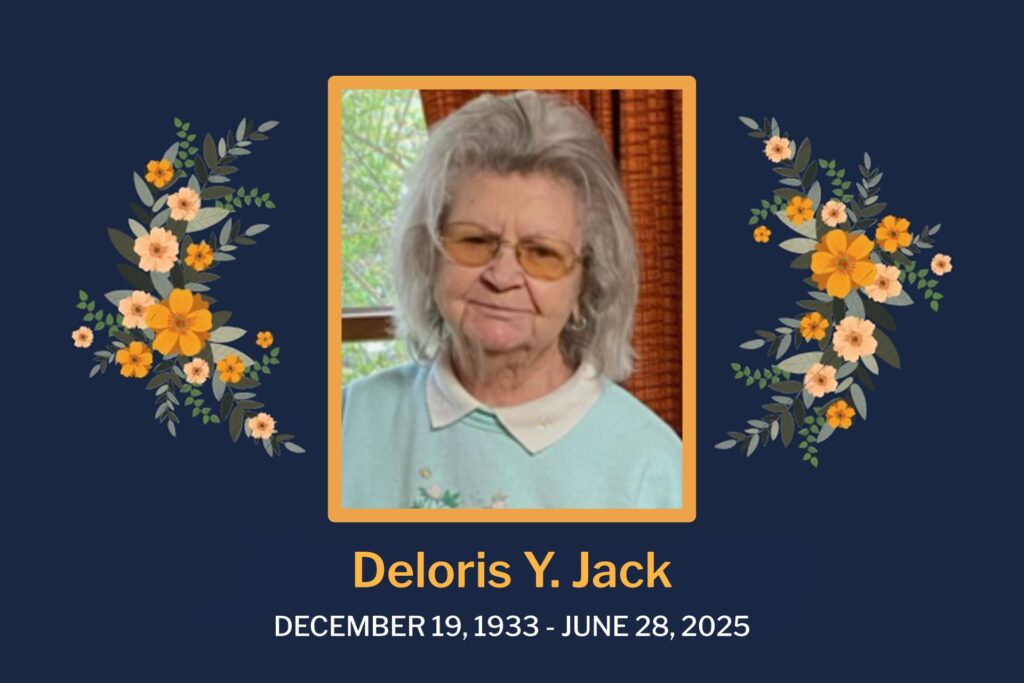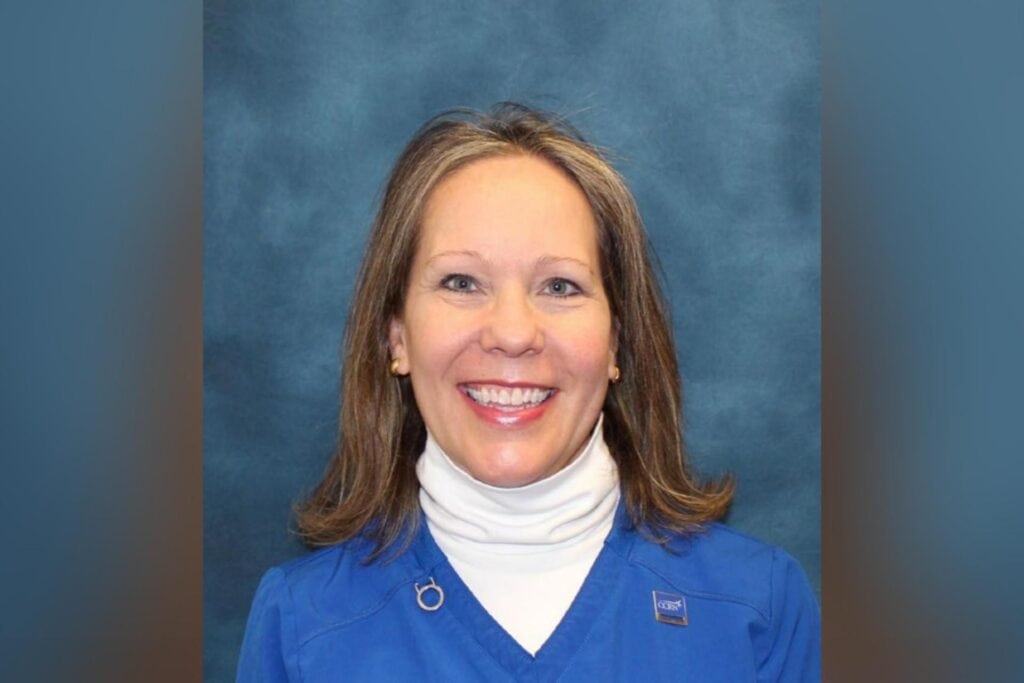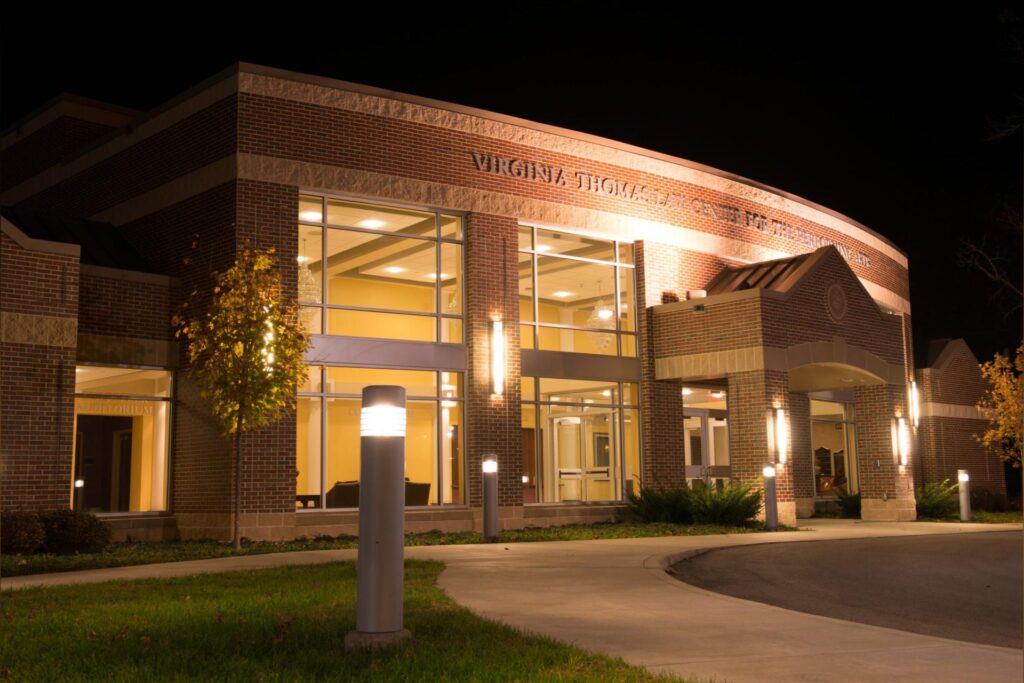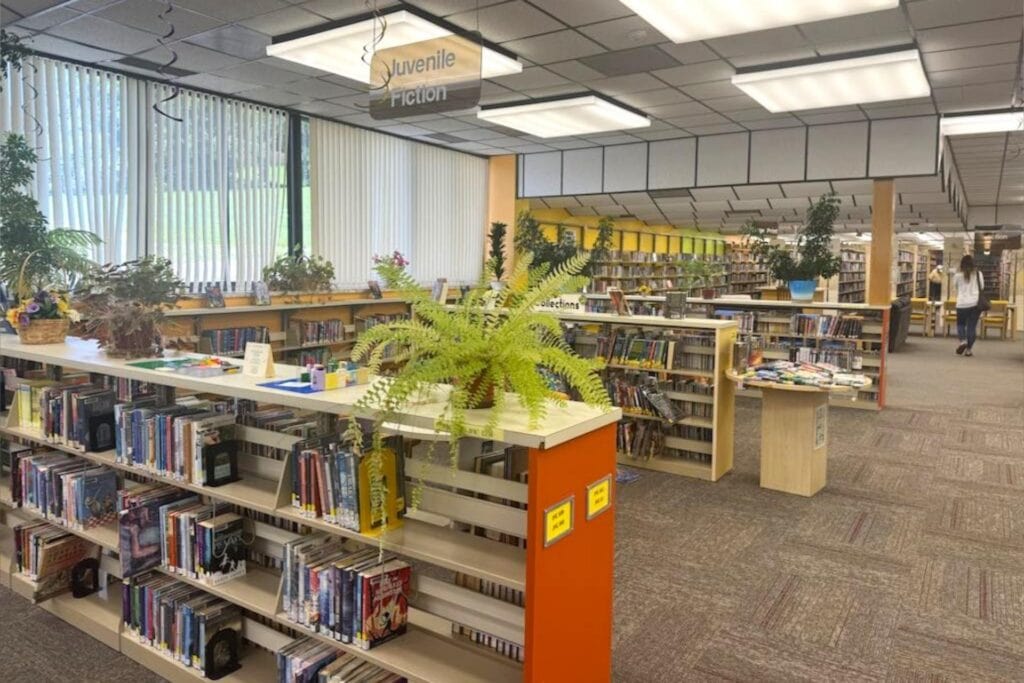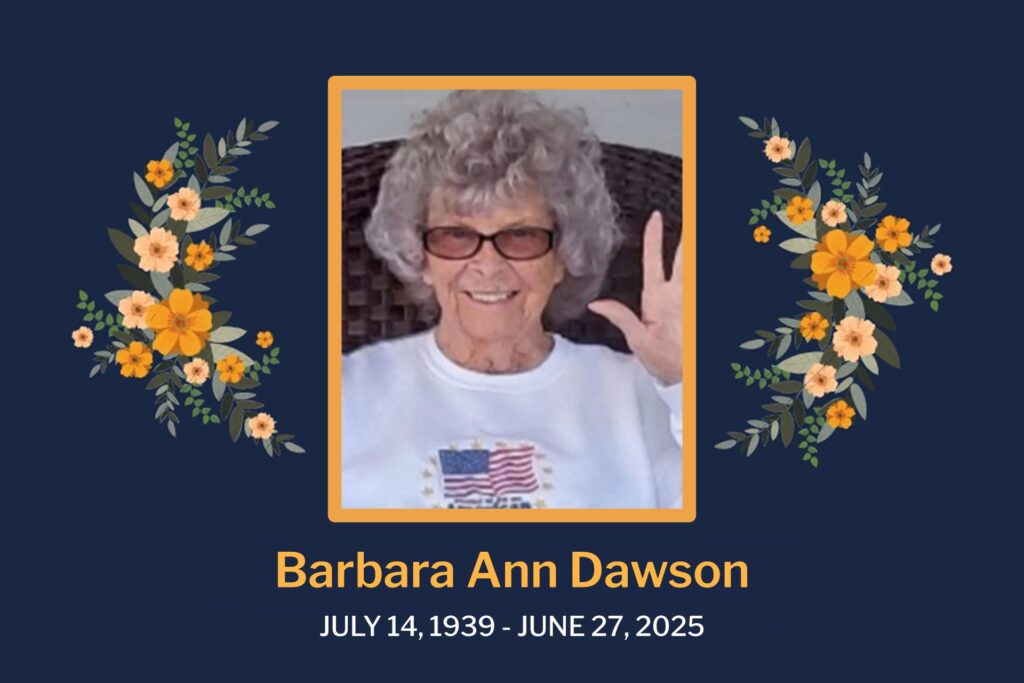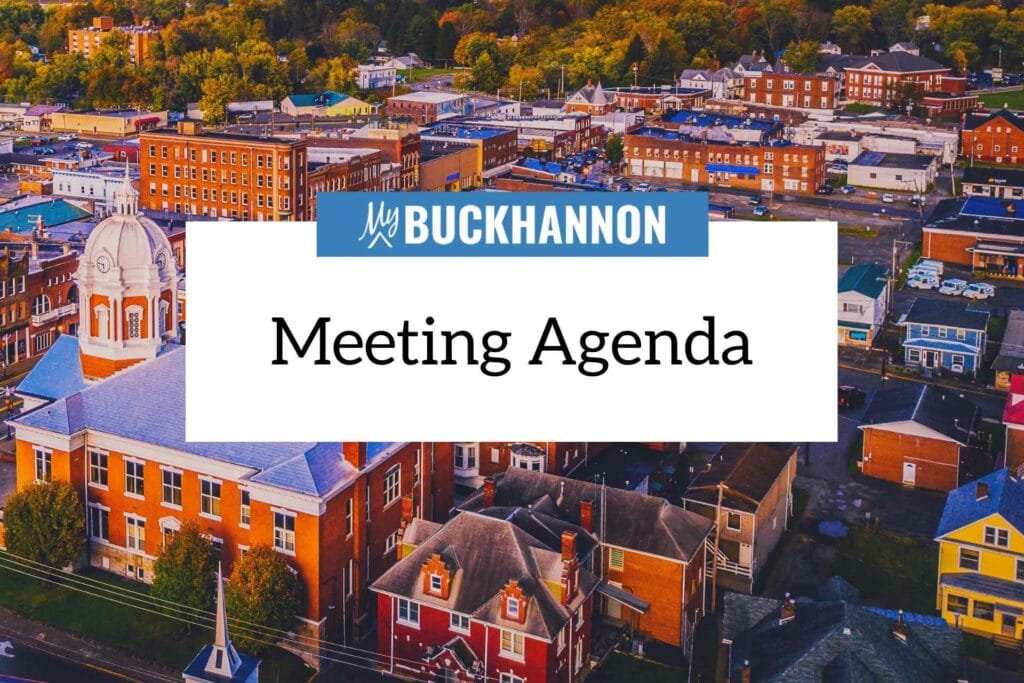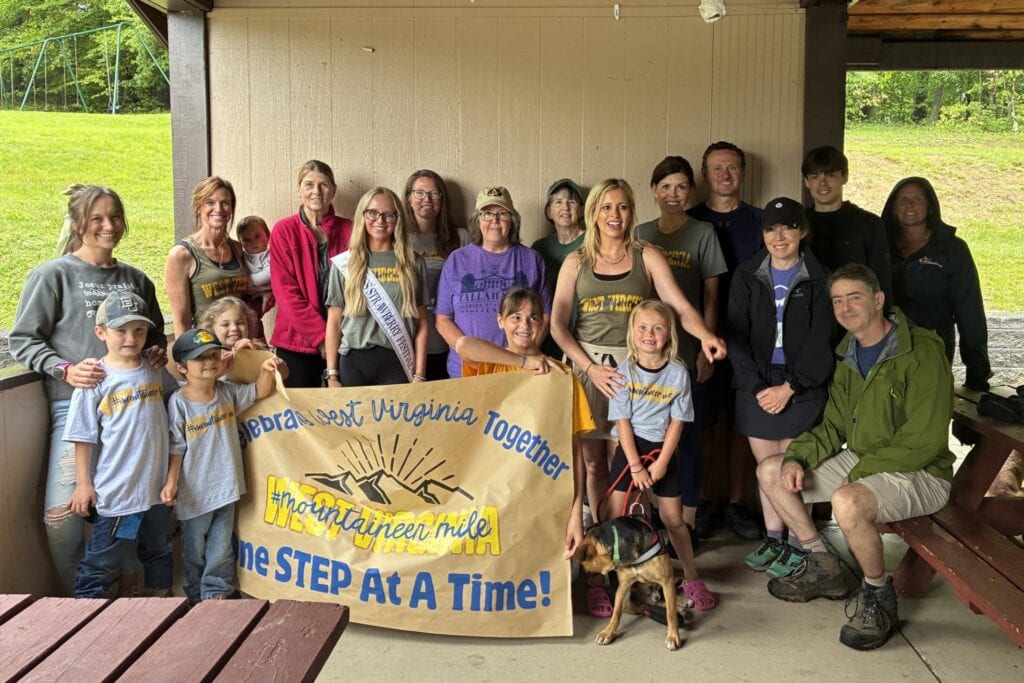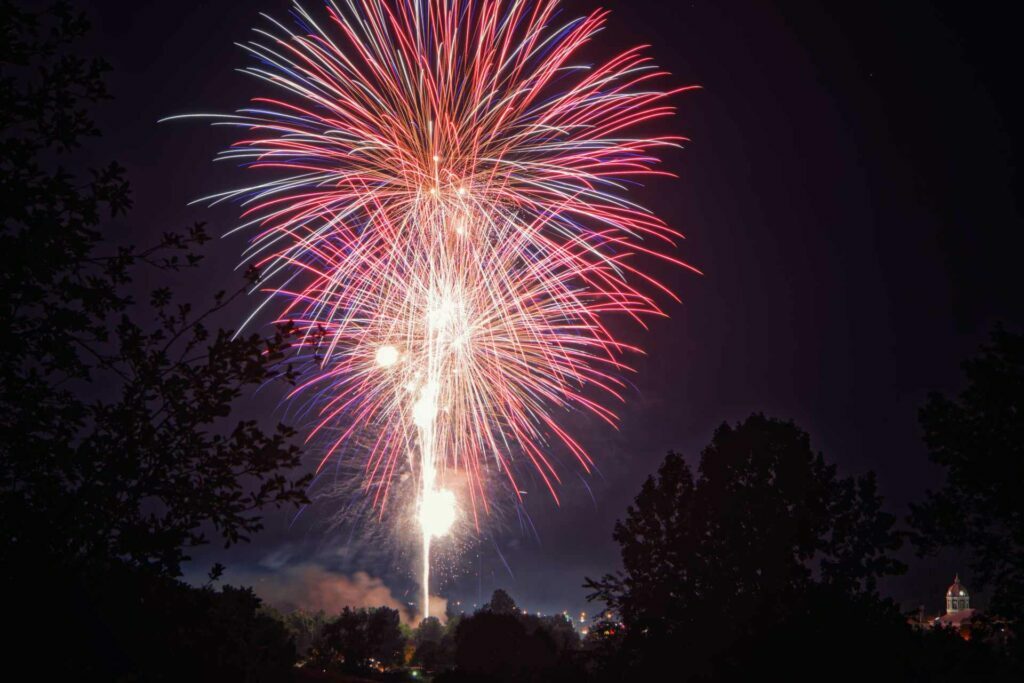BUCKHANNON – A bid to pass a bill that would have permitted the City of Buckhannon to institute a 1 percent municipal sales tax on goods and services sold within the city six months earlier ended with the West Virginia Legislature’s regular session March 9.
Senate Bill 535, which Sen. Bill Hamilton sponsored at the request of city officials, would have allowed the city to begin levying the tax July 1, 2019, as it had originally desired, instead of Jan. 1, 2020.
Although the bill sailed through the state Senate by a vote of 34-0, it essentially died on the morning of Wednesday, March 6, when it was moved from the special session House of Delegates’ calendar – what’s considered the “active calendar” – to the regular session House calendar, the “inactive calendar,” city attorney Tom O’Neill told My Buckhannon Sunday night.
“Officially, the bill is dead,” O’Neill explained. “The ‘House Calendar’ is the inactive calendar, and the ‘Special House Calendar’ is the active calendar. It was moved to the inactive calendar on Wednesday morning. When the clock struck midnight Saturday, our time ran out.”
O’Neill said for SB 535 to be taken up during the first special session, it would have needed to be included in Gov. Jim Justice’s call for the special session.
The Legislature’s 2019 regular legislative session ended at 11:59 Saturday, March 9. However, a special legislative session during which legislators will consider, among other proposed laws, Gov. Jim Justice’s educators’ and school service personnel pay raise bill, is expected to get within the next several months.
However, the bill being killed has no effect on whether the city will ultimately be able to levy the tax. Per Ordinance 434, which city council unanimously approved in February, the 1 percent sales, service and use tax will still go into effect Jan. 1, 2020.
Mayor David McCauley said Sunday he’s disappointed at the bill’s fate because of what the $500,000 in revenue it was expected to generate would have allowed the city to accomplish.
“Our city council made a commitment to develop a comprehensive storm water system two years ago and pledged $200,000 annually to our Sanitary Board to carry that project out,” McCauley told My Buckhannon. “The sales tax is the vehicle to accomplish that. Our fire department has a fleet of 20-25-year-old trucks and needs a new pumper right now, but the cost is more than $500,000.
“Our entire general fund budget is $5 million a year, and there’s no way we have what it will take to address storm water or fire department needs without the sales tax.”
However, while city officials liken the delay to $500,000 of lost revenue, one local legislator, Del. Carl “Robbie” Martin, R-Upshur, says he would not have been in favor of the bill unless local residents had an opportunity to vote on it.
Last week, Martin posted a poll both to his personal Facebook page and official delegate Facebook page asking local people if they were in favor of or opposed to the sales tax. As of Sunday night, the percentage of respondents for and against the imposition of the 1 percent sales tax was tied at 50.
When asked about his personal stance on the bill, Martin shared the following statement.
“As a Republican, I am not in favor of raising taxes in general,” he wrote. “I support lowering the tax burden on West Virginia families and opposing any new taxes or increased taxes. Also, as a Republican, I support returning local control to all levels of government when constitutional.
“I believe that economic growth can best be achieved by unleashing free enterprise, reducing regulations and creating a free-market business environment. This includes developing a climate that encourages business investment, economic diversification and job creation.”
Martin acknowledged Buckhannon was able to pass a sales tax because of a local control mechanism known as the West Virginia Municipal Home Rule Pilot Program, often referred to as simply “home rule.”
“The reason that Buckhannon is able to implement the 1 percent sales tax is because of home rule, which was approved by the W.Va. Legislature,” he said. “I believe that if we truly want to have home rule, then the people should have their voices heard.”
“I would support the sales tax in Buckhannon if the tax was to be put on the ballot in the next election, and a majority of the people approved the tax,” Martin added. “If they approve the tax, then that is because the people wanted it. If the tax is voted down, then they clearly did not want to see higher taxes.”
City officials have argued the sales tax would bring in about $1 million in additional revenue annually that would allow Buckhannon to accomplish a host of infrastructure-related, recreational, cultural and quality-of-life enhancements to the city, such as the completion of more paving and sidewalk projects and improvements to parks and youth facilities.
O’Neill, the city attorney, said he’d worked tirelessly to address concerns the West Virginia State Tax Commissioner’s office had expressed about the bill, one of which was unfounded.
“I know that the state tax department had misgivings about the bill, but I tried almost nonstop to work with them to address their concerns,” O’Neill said.
For instance, according to a letter shared with media outlets, the State Tax Commissioner’s office had mistakenly believed the city had passed the ordinance imposing the 1 percent tax in December 2018 – prior to receiving official permission from the West Virginia Municipal Home Rule Board to amend their Home Rule Plan.
In actuality, city council did not pass the ordinance until Feb. 7, 2019, following a public hearing.
(Cities that wish to institute a 1 percent municipal sales tax while also maintaining some form of business and occupation, or B&O, tax, must receive permission form the state home rule board to amend their home rule plan prior to the tax being imposed via an ordinance.)
In addition, the state tax commissioner’s office said the city was required to send in a map detailing Buckhannon’s municipal boundaries – a request with which the city subsequently complied.
“Any other information I have about things going on behind the scenes is secondhand at this point,” O’Neill added Sunday night. “I think that’s all I can say. I would like to thank Sen. Hamilton for agreeing to sponsor the bill, and for his support of the city.”
McCauley also expressed his gratitude for Hamilton’s willingness to introduce the sales tax bill.
“I thank Sen. Bill Hamilton for his steadfast support for his constituency that includes his supporters in the City of Buckhannon,” McCauley said. “Bill is a gentleman who never fails those he represents.”
Although the city’s 1 percent sales tax will go into effect Jan. 1, 2020, it will be collected quarterly, so city officials aren’t likely to reap the benefits of the tax until April 2020.
Upshur County residents should also know that items that are exempt from state sales tax – such as groceries, gas and prescription medicines – will also be exempt from the municipal tax.
